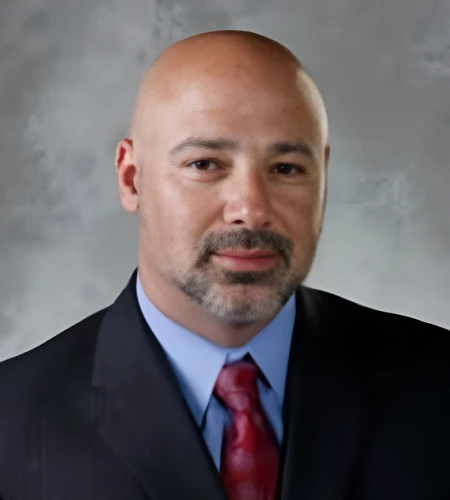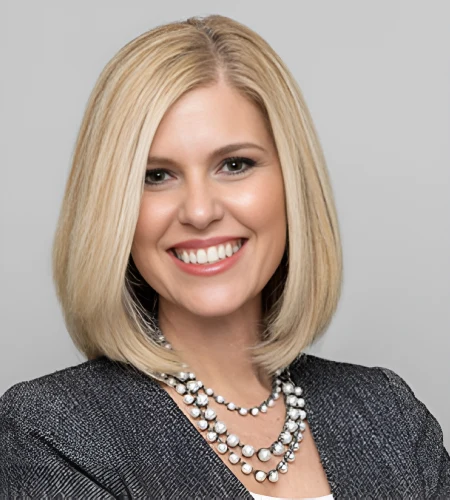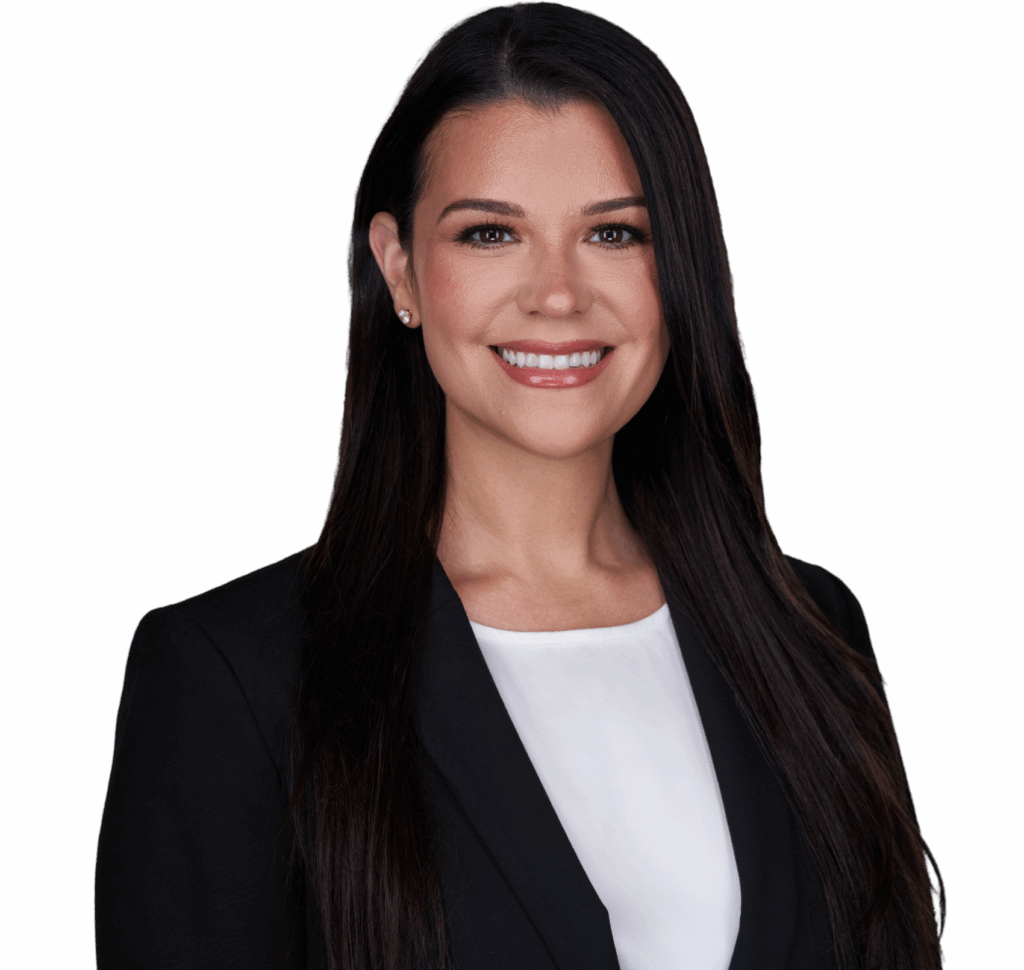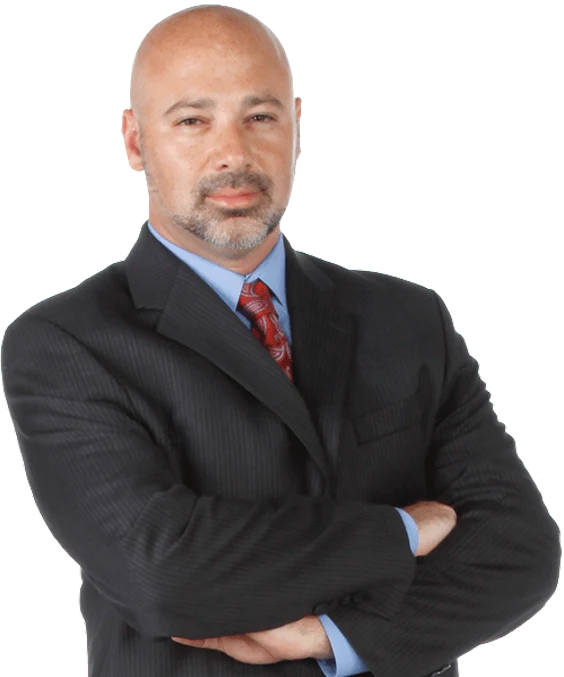California church & clergy sexual abuse lawyers help survivors hold religious institutions accountable for breaking their trust. For generations, churches and clergy in California have been seen as pillars of moral authority, yet behind closed doors, numerous lawsuits and investigations have documented that some clergy engaged in devastating acts of sexual abuse.
When faith becomes a tool of manipulation and religious authority is alleged to have shielded predators, survivors face profound challenges in their pursuit of justice. Experienced clergy sexual abuse lawyers understand the unique dynamics of these cases and the barriers survivors face when challenging powerful religious institutions.
The harm is compounded when religious communities have been accused in lawsuits of dismissing survivors or concealing misconduct to protect their reputation. This pattern of institutional protection has been documented in cases alleging that it enabled predatory clergy to continue harming vulnerable individuals across multiple parishes, dioceses, and congregations throughout California.
If you are a survivor of clergy sexual abuse in California, you are not alone. Contact Horowitz Law at (954) 641-2100 for a confidential consultation to discuss your legal rights and explore options for holding both individual perpetrators and religious institutions fully accountable.
Table of contents
- Key Takeaways for California Church & Clergy Sexual Abuse Cases
- How Horowitz Law Fights for Clergy Abuse Survivors in California
- California's Legal Framework for Clergy Sexual Abuse Cases
- Past Case Results
- Religious Institution Liability in California
- Hear From Our Clients
- Geographic Challenges in California Clergy Abuse Cases
- Mandatory Reporting Requirements for California Religious Institutions
- Types of Harm in California Clergy Sexual Abuse Cases
- The Civil Justice Process for California Clergy Abuse Cases
- Church & Clergy Sexual Abuse Resources
- FAQ for California Church & Clergy Sexual Abuse Lawyers
- Stand Strong Against Religious Institution Power
Key Takeaways for California Church & Clergy Sexual Abuse Cases
- California church & clergy sexual abuse lawyers help survivors navigate complex cases involving religious institutions that often have significant resources and legal teams dedicated to protecting their interests.
- Religious institutions face liability not only for direct abuse by clergy but also for negligent supervision, failure to report suspected abuse, and transferring known predators to other locations.
- California's extended statutes of limitations and lookback windows provide clergy abuse survivors with expanded opportunities to seek justice, even in cases where previous time limits had expired.
- Survivors may pursue compensation for therapy costs, medical expenses, lost wages, pain and suffering, and spiritual harm caused by religious leaders who allegedly violated their position of trust.
- California church & clergy sexual abuse lawyers work on contingency fee arrangements, making legal representation accessible regardless of financial circumstances while maintaining complete confidentiality throughout the process.
How Horowitz Law Fights for Clergy Abuse Survivors in California

Attorney Adam Horowitz brings extensive experience handling religious institution cases throughout California and nationwide. Our firm's exclusive focus on sexual abuse litigation means we understand the unique challenges clergy abuse survivors face, including religious trauma, spiritual questioning, and community ostracism that often follows disclosure.
We believe you. Your faith journey belongs to you, not your abuser. The abuse was not your fault, regardless of what religious leaders may have told you.
California church & clergy sexual abuse lawyers at our firm recognize that religious abuse cases require sensitivity to survivors' spiritual beliefs while aggressively pursuing accountability from institutions that failed in their duty of care. We handle cases involving Catholic dioceses, Protestant churches, Orthodox communities, and other religious organizations throughout California, from major metropolitan areas to rural faith communities.
Our approach prioritizes both individual healing and systemic reform within religious institutions. All initial consultations are strictly confidential, and attorney-client communications are always protected by privilege. Unlike private attorney-client communications, court filings usually become public record unless sealed by the court.
California's Legal Framework for Clergy Sexual Abuse Cases

California has enacted major reforms in clergy abuse cases. These changes acknowledge the unique power dynamics and institutional cover-ups often found in religious settings.
The state's approach acknowledges that religious abuse often involves complex psychological manipulation that can prevent survivors from recognizing abuse or feeling safe to report it for decades. Religious teachings about forgiveness, obedience to authority, and shame can create additional barriers to disclosure that secular institutions don't typically employ.
Understanding Statutes of Limitations for California Clergy Abuse
California church & clergy sexual abuse lawyers work within expanded legal timeframes that recognize the unique challenges religious abuse survivors face. The state has created multiple pathways for seeking justice against religious institutions and individual clergy members according to California Code of Civil Procedure Section 340.1:
- Survivors have until age 40 or within five years of discovering psychological injury to file suit
- California law allows survivors whose claims were previously time-barred to file lawsuits until December 31, 2026, under the revival period established by AB 452
- Cases involving institutional defendants may qualify for extended filing periods
- Different rules apply based on when abuse occurred and the survivor's age at the time
These provisions specifically address how religious institutions have historically used delay tactics and statute of limitations defenses to avoid accountability. The expanded timeframes reflect California's recognition that clergy abuse survivors often require additional time to overcome religious trauma and spiritual manipulation before seeking legal recourse.
Past Case Results
Religious Institution Liability in California

Clergy abuse lawyers hold religious institutions accountable for both direct abuse and institutional negligence. Religious organizations face liability when they create environments that enable abuse or fail to protect congregants from known predators.
Institutional liability extends beyond individual misconduct to include failures in supervision, reporting, and response. California courts have recognized that religious institutions have the same duty of care as secular organizations, despite claims of religious freedom or ecclesiastical immunity.
Common Forms of Religious Institution Negligence
Religious institutions throughout California have been the subject of lawsuits alleging various forms of institutional misconduct. California church & clergy sexual abuse lawyers have identified patterns of negligence that appear across different denominations and religious communities. These institutional failures often stem from serious failures in child protection practices:
- Failing to conduct proper background checks on clergy and religious personnel
- Transferring accused clergy to new assignments without warning receiving communities
- Ignoring reports of suspicious behavior or grooming activities by religious leaders
- Prioritizing institutional reputation over child safety and congregant protection
- Allegedly destroying or concealing records related to abuse allegations and investigations, as claimed in some lawsuits
The law holds religious institutions to the same duty of care as schools, youth groups, and other organizations serving vulnerable populations. When religious organizations breach this duty through negligent policies or deliberate cover-ups, they face significant financial liability under California law.
Hear From Our Clients
Geographic Challenges in California Clergy Abuse Cases
California's diverse religious landscape creates unique considerations for clergy abuse cases throughout the state. From the Catholic Archdiocese of Los Angeles to evangelical megachurches in Orange County, Orthodox communities in the Bay Area to rural Catholic parishes in the Central Valley, each religious institution presents distinct challenges for survivors seeking accountability.
Los Angeles County hosts numerous high-profile religious institutions with significant financial resources and experienced legal teams. According to public court filings, the Archdiocese of Los Angeles alone has faced hundreds of abuse claims, making it one of the most litigated religious defendants in the state. California church & clergy sexual abuse lawyers must navigate complex diocesan structures and corporate entities designed to limit liability exposure.
Northern California’s religious communities range from long-established Catholic dioceses and Protestant denominations to newer movements, many of which have been reported to use complex legal structures to shield themselves from liability. In the Bay Area, the high concentration of religious institutions raises jurisdictional issues that can significantly influence case strategy and venue selection.
Rural Religious Communities and Power Dynamics
Smaller California communities often present unique challenges for clergy abuse survivors seeking justice. Rural parishes, churches, and religious communities may wield considerable social and economic influence that extends far beyond their congregations, making disclosure particularly difficult for survivors who fear community backlash.
California church & clergy sexual abuse lawyers understand these dynamics and work to protect survivor privacy while pursuing institutional accountability. Rural cases often involve religious leaders who serve multiple roles within small communities, creating additional layers of authority and influence that abusers exploit to maintain control over survivors.
Mandatory Reporting Requirements for California Religious Institutions

California's mandatory reporting laws create specific obligations for religious institutions and clergy regarding suspected child abuse. Under California Penal Code Section 11166, clergy members have legal duties to report suspected abuse to authorities, with limited exceptions for confidential communications.
Religious institutions that fail to comply with mandatory reporting requirements face both criminal liability and civil lawsuits from survivors harmed by unreported abuse. California church & clergy sexual abuse lawyers often pursue cases based on institutional failures to report suspected abuse that could have prevented additional victims.
Warning Signs of Clergy Sexual Abuse
Survivors and their families often identify concerning behaviors in retrospect that religious communities failed to address appropriately. California church & clergy sexual abuse lawyers have documented common warning signs that religious institutions frequently ignore or rationalize. These behaviors typically escalate gradually as predatory clergy test boundaries and identify vulnerable targets:
- Inappropriate personal relationships with specific children or congregants
- Excessive physical contact disguised as spiritual guidance or religious ritual
- Private counseling sessions or religious instruction behind closed doors
- Gift-giving, special privileges, or preferential treatment toward specific individuals
- Boundary violations that isolate potential victims from family and community support
Religious communities often dismiss these warning signs as evidence of spiritual dedication or special calling rather than recognizing potential grooming behaviors. When institutions fail to investigate or address concerning conduct, they create environments where abuse thrives unchecked.
Types of Harm in California Clergy Sexual Abuse Cases
Clergy sexual abuse causes distinctive types of harm that extend beyond the trauma common to other abuse contexts. Religious abuse survivors often struggle with spiritual injury, religious trauma, and loss of faith that secular abuse cases typically don't address.

Under California law, victims may recover both general and special damages. In clergy abuse cases, this often includes compensation for therapy expenses, psychological distress, and related consequences such as faith-based trauma.
Spiritual harm represents a significant component of clergy abuse damages, acknowledging that religious leaders occupy positions of spiritual authority that secular figures cannot match. When clergy exploit this sacred trust through sexual abuse, survivors often experience profound spiritual injury that affects their relationship with faith, religious community, and personal beliefs.
The manipulation tactics employed by abusive clergy frequently involve religious teachings, scripture interpretation, and spiritual authority to justify inappropriate conduct and maintain victim silence. California church & clergy sexual abuse lawyers understand how these dynamics impact survivors and work to address both psychological and spiritual healing through civil litigation.
Economic damages in clergy abuse cases may include extensive therapy costs, particularly specialized treatment for religious trauma that requires therapists trained in faith-based healing approaches. Many survivors require years of counseling to address both sexual trauma and spiritual injury caused by clergy abuse.
The Civil Justice Process for California Clergy Abuse Cases

Pursuing justice against religious institutions requires understanding how California courts handle cases involving ecclesiastical defendants and religious freedom considerations. While religious institutions cannot claim immunity from civil liability for sexual abuse, they often raise complex legal defenses that require experienced California church & clergy sexual abuse lawyers to address effectively.
California courts must balance survivor rights to evidence against legitimate religious privacy interests, creating procedural challenges that don't exist in secular abuse cases. Settlement negotiations with religious institutions often involve unique considerations beyond financial compensation.
Many survivors seek institutional acknowledgment of abuse, policy changes to prevent future harm, and transparency measures that address systemic failures within religious organizations. California church & clergy sexual abuse lawyers work to achieve comprehensive resolutions that address both individual healing and broader institutional reform.
Church & Clergy Sexual Abuse Resources
FAQ for California Church & Clergy Sexual Abuse Lawyers
How long do I have to file a clergy abuse lawsuit in California?
California's statute of limitations for clergy sexual abuse cases provides extended timeframes that recognize the unique challenges religious abuse survivors face. You generally have until age 40 or within five years of discovering psychological injury to file suit against both individual clergy and religious institutions. The lookback window extending through December 2026 allows previously time-barred cases to proceed, including older abuse cases that religious institutions previously claimed were expired.
What makes clergy abuse cases different from other sexual abuse lawsuits?
Clergy abuse involves unique power dynamics, religious manipulation, and institutional cover-ups that set these cases apart from secular abuse claims. Religious institutions often have sophisticated legal defenses, extensive financial resources, and corporate structures designed to limit liability. California church & clergy sexual abuse lawyers must address religious trauma, spiritual harm, and legal defenses based on religious freedom that do not arise in other abuse cases.
Can I sue a religious institution even if my abuser is no longer alive?
Yes, religious institutions face liability for institutional negligence regardless of whether individual perpetrators are alive or have been criminally prosecuted. Many successful clergy abuse cases focus on institutional failures like negligent supervision, failure to report abuse, and transferring known predators rather than pursuing individual clergy members. California law holds religious institutions accountable for creating environments that enabled abuse to occur.
How do religious freedom protections affect my clergy abuse case?
While religious institutions enjoy certain constitutional protections, these freedoms do not shield them from liability for sexual abuse or institutional negligence. California courts have consistently held that religious freedom does not protect religious institutions from civil liability when they fail to protect congregants from sexual abuse. California church & clergy sexual abuse lawyers understand how to navigate religious freedom considerations while pursuing full accountability.
What if my religious community doesn't believe me or supports the accused clergy?
Unfortunately, religious communities often rally around accused clergy while ostracizing survivors who come forward with abuse allegations. This response reflects institutional self-protection rather than appropriate concern for abuse survivors.
Your case doesn't depend on community support or belief, as civil lawsuits rely on evidence and legal standards rather than congregational opinion. Many survivors find that legal action helps validate their experiences and creates accountability that religious communities failed to provide.
Stand Strong Against Religious Institution Power

Religious institutions that lawsuits allege enabled clergy sexual abuse through cover-ups, transfers, and willful blindness must face the full weight of legal accountability. California law permits recovery for emotional distress and related harms, which in clergy abuse cases often include spiritual injury or trauma impacting a survivor’s faith and community relationships.
Your courage in considering legal action against powerful religious institutions serves not only your own healing but also protects future generations from predatory clergy who continue harming others when institutions escape accountability. Civil litigation provides the most effective means of forcing religious organizations to acknowledge their failures and implement meaningful reforms that prioritize safety over reputation.
For a confidential consultation about your legal rights as a clergy abuse survivor in California, contact Horowitz Law at (954) 641-2100. We believe you, we understand your challenges, and we are committed to helping you pursue justice and accountability.